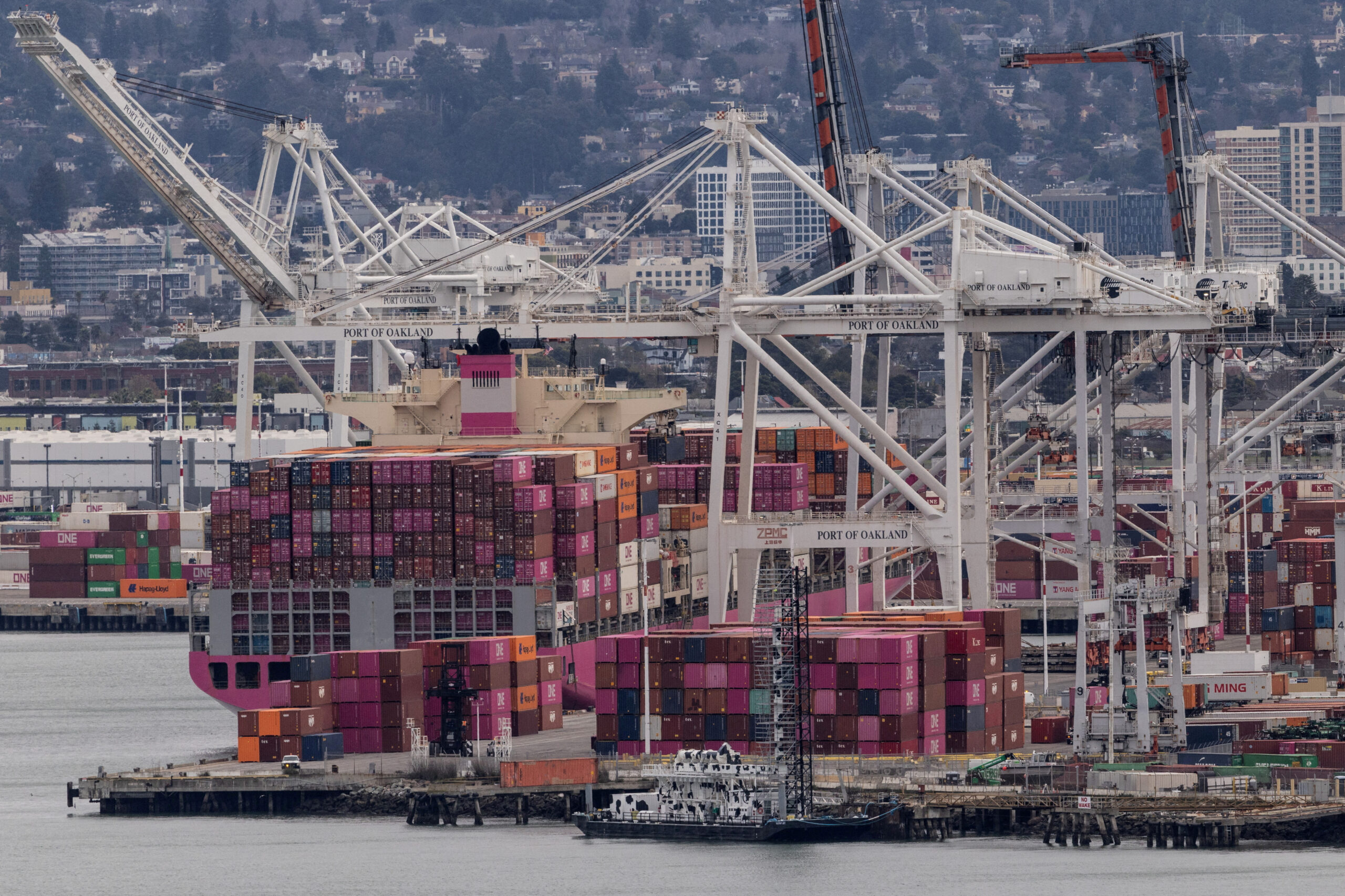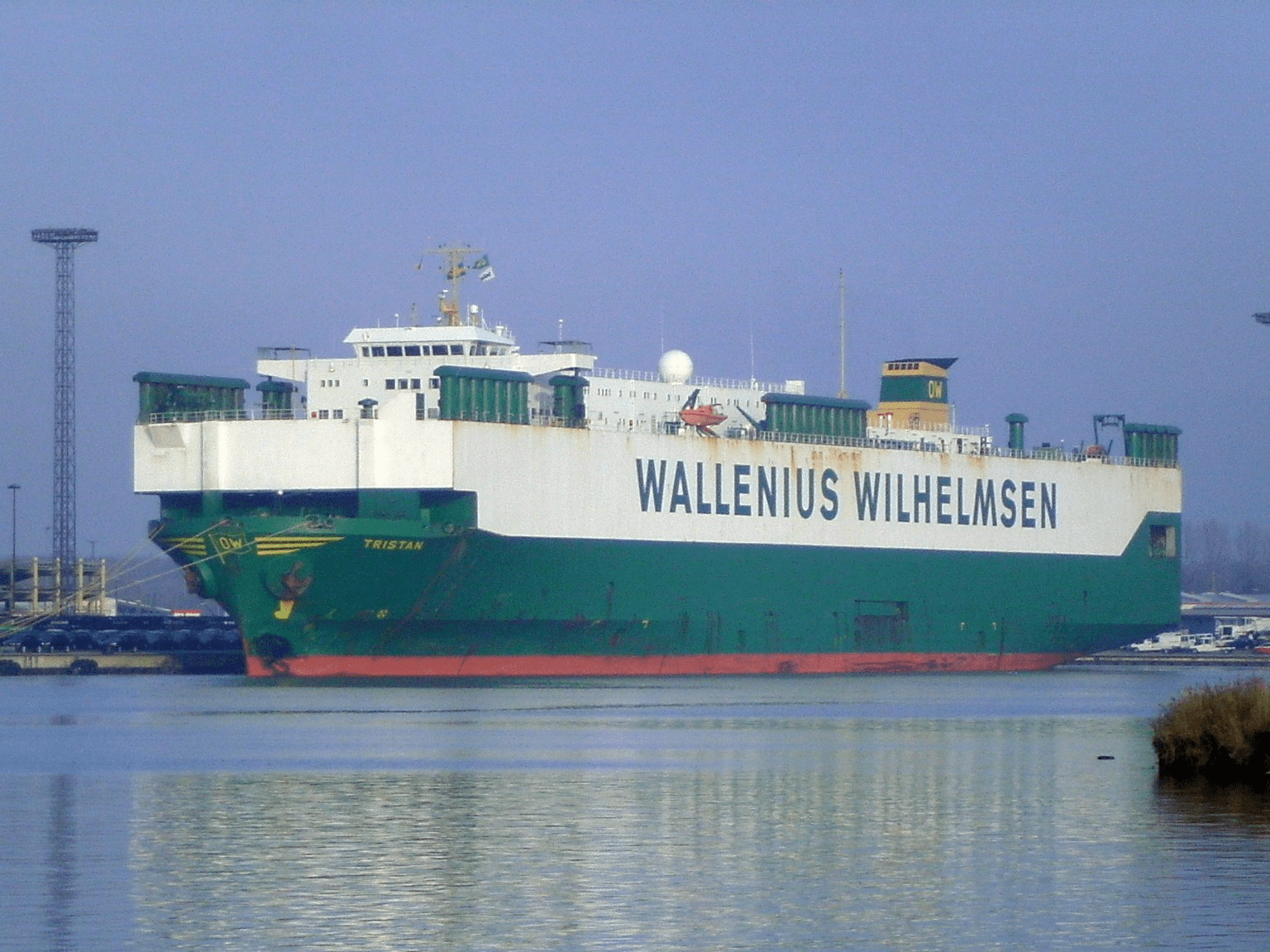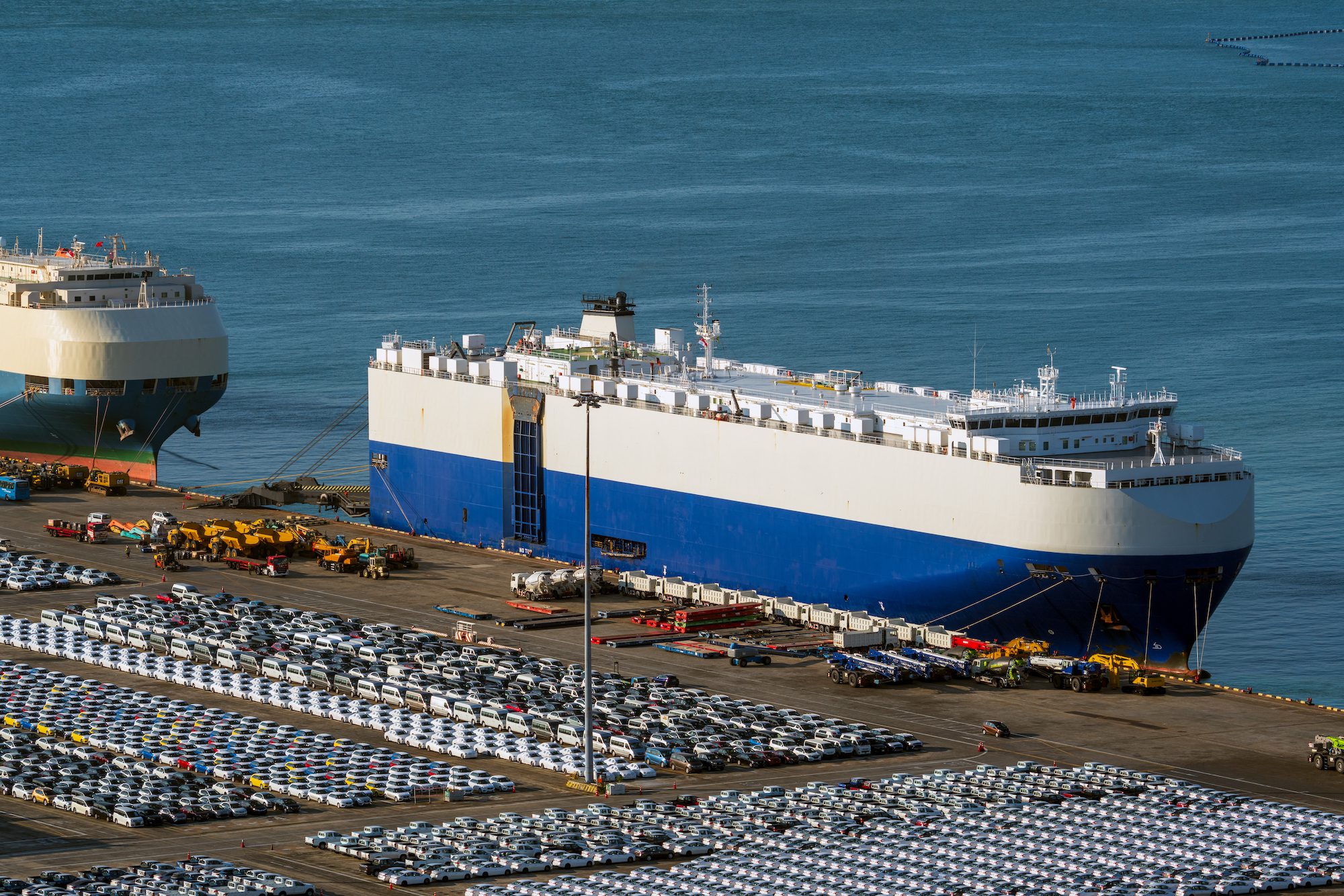By Barry Parker (gCaptain) –
The International Maritime Organization is expected to codify a transitional (i.e. 2030) energy efficiency pathway for commercial ships in an upcoming meeting in June of its Maritime Environmental Protection Committee (MEPC 76).
This is a big deal because the language coming out of the soon-to-happen meeting will then find its way into the language of MARPOL, the international legal framework for all matters related to maritime emissions, by 2023.
Energy efficiency (measured by EEDI, EEXI and the like), specific to individual vessels, is really a subset of broader issues related to the bigger picture of where shipping fits into greenhouse gas emissions targets farther out to 2050. Getting to these targets will certainly require technical actions, related to the vessel design and captured in EEDI type measures. But meeting the longer-term targets also will require expansive and expensive paradigm shifts.
Any discussion of 2050 points to non-fossil fuel based “alternative fuels” which invariably brings up questions such as, “How are we going to get there?” A subset of discussions around this topic are various incentives for using new fuels, which will initially cost more than existing fossil fuel alternatives.
There is a role for the IMO in the defining that pathway to 2050, but a view of a far grander purpose than at present may be emerging. The Baltic and International Maritime Conference, aka BIMCO, in an early March presser, said: “BIMCO would like to encourage states and the industry to start a dialogue on how to create a global ruleset for market-based measures (MBM) to support the use of low carbon fuels and to create a level playing field for the industry.”
BIMCO added that while the IMO is a good platform for the debate on a rule-set and, according to BIMCO President Sadan Kaptanoglu, it is critical that the debate begins now in order for the industry to make the transition in time to reach CO2 reduction targets.
A similar sentiment, perhaps even stronger, that the IMO take the lead (rather than merely providing a debate venue as suggested by BIMCO, or conducting research into new fuels) came out of an excellent session at the recent Marine Money conference, “Finance and Decarbonization”, at the end of last month.
Consider the views of speaker Evan Uhlick, responding to a question from session moderator George Paleokrassas, a Partner at law firm Watson Farley Williams, on how industry collaboration (which is needed to develop industry-wide frameworks for carbon reduction) might develop in the next few years.
Mr. Uhlick, who is Senior Vice President and Head of Ocean Industries North America at DNB Bank, after noting the multitude of smaller decarbonization initiatives in recent years, said: “The IMO has to play a pivotal role here….they need to take up that mantle”.
In his remarks, he suggested that the 2023 MARPOL amendments (not yet enacted ) will “…really be seen as the ones that will drive change.”
On the same session, fellow panelist Rasmus Bach Nielsen, from energy trading giant Trafigura (which has proposed an industry-wide platform for carbon trading with prices on various fuels, but so far lacking a proposed ” Person In Charge”, to borrow a tanker term), asserted that: “The IMO needs to change the way that it views its mandate.”
Mr. Nielsen stressed the importance of regulation as buttressing behavioral changes that would lead to fuel switches (and talked about the IMO as being the Administrator of the platform), saying: “We believe that regulation has to take place at the highest possible level through a carbon levy.”
Buying and selling money buckets tied to the price of carbon is no longer a pipe dream; mainstream media outlets were reporting that the American Petroleum Institute (“API”), representing the biggest of Big Oil in Washington, D.C., is getting close to endorsing carbon trading. From the conversations around the Marine Money session, it seems that Trafigura, which has a vision of hydrogen-based fuels for shipping, has already been talking to the IMO. So, stay tuned, and watch this space.

 Join The Club
Join The Club










